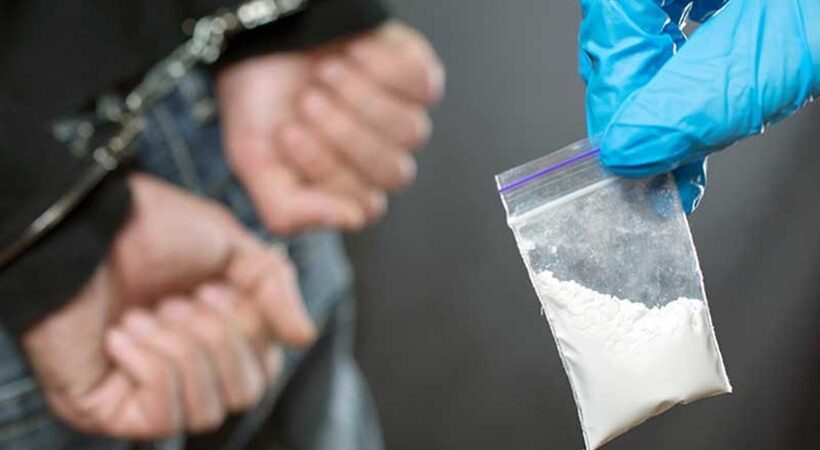The new amendments to the UAE’s anti-narcotics law provide the court with the option of deporting expats convicted in drug-related cases. The UAE has analyzed and replaced its drug laws to cut minimum sentences, provide liberty for first-time offenders and put more focus on rehabilitation over punishment. People convicted of drug use and possession will serve in a secure place, offering treatment and education programmes rather than putting them in jail with other prisoners.
Carrying food, liquids or any other products containing marijuana, or any other drugs like cannabis (ganja), will not be a criminal offense anymore. Instead, such items will be seized and destroyed. The new legislation was mentioned in the Official Gazette and will come into effect on January 2, 2022.
Deportation of expatriates in drug use and possession cases is not mandatory anymore as judges are able to decide if someone convicted is allowed to stay or not. First-time offenders will receive minimum sentences of three months as an intention to send drug users back into public but announce stricter punishments for serial offenders.
The UAE, previously, in 2016 reduced minimum sentences from 4 years to 2 years. This move became a part of effective reforms in the legal system, in the history of the law of the country as announced by President Sheikh Khalifa.
The court is empowered to decide the penalty of either imprisonment or fine in the first and second instances but in the third instance, a penalty of combined prison and fine becomes mandatory.
Article 41 of the new law describes that first-time offenders will be sentenced to go to prison for at least three months and a fine between Dh 20,000 to Dh100,000. If the offense is repeated by them within 3 years, the sentence will be of minimum 6 months with a fine between Dh 30,000 and Dh 100,000. For the offense committed for the third time, a minimum sentence of two years will be imposed and the fine will be at least DH 100,000.
The new law imposes a minimum of 5-year imprisonment and a Dh50,000 fine on anyone who induced, incited, or facilitated drug use for another person. If the offender’s actions caused harm to the victim, the offender faces a 7-year jail and a minimum fine of Dh100,000. If serious harm was caused, the offender faces a minimum of 10 years in prison and a Dh200,000 fine at least. If the crime results in the victim’s death, the offender faces the death penalty or life imprisonment.
Those who manage, prepare or set up places for drug consumption shall face a jail term of at least 7 or 10 years, depending on the substance seized, and a minimum fine of Dh100,000. The penalty of repeated offense has increased to life imprisonment combined with a minimum Dh100,000 fine.
The law has described plans for the Ministry of Health and Prevention to establish centers where the convicted prisoners of drug use or possession can serve their punishment. These centers will provide treatment and rehabilitation programs, sports and vocational training, as well as family occupational and social integration initiatives. Under the law, rehabilitation centers are bound to maintain complete confidentiality of all information about offenders.
If the supervisory committee (of rehabilitation centers) reports any breaches or crimes committed by the offender during the time of admission, the court has the right to sentence the offender to jail depending on the offense. The time period that the offender spends in rehab will be reduced from the overall jail term.
Article 45 of the new law empowers courts to prioritize treatment for first-time offenders. The previous law required courts to order deportation against expatriates in drug-related cases. But deportation of expats is now an option for judges in cases where the drug was used personally or possessing the drug, under article 75 of the law.
It also stipulates that tourists and visitors carrying food items or products mixed with narcotics while entering the country for the first time will not face legal action. According to article 96 of the new decree law, the items will be confiscated at the entries (in the country) and destroyed. Carrying such items will not be treated as import, transport or possession of drugs.



















